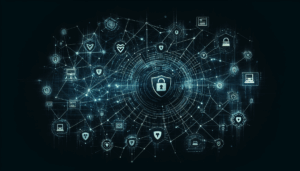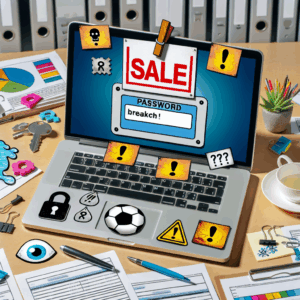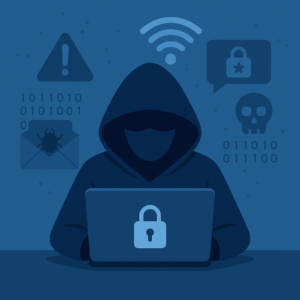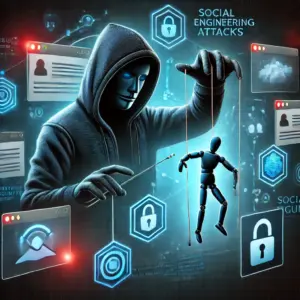Why Cyber Education in Dubai’s Schools Is the Wake-Up Call Small Businesses Need
Cyber education isn’t just for tech nerds, school kids, or the IT department anymore. It’s becoming a must-have survival skill, and Dubai clearly gets that. Starting in the 2025–2026 school year, their education system is embedding cybersecurity lessons across Grades 1 through 12. That’s right, first graders will now get equipped with the frameworks and vocabulary to recognize cyber threats, and it only gets more hands-on from there. Small businesses, take note: if 10-year-olds are learning this, so should every adult clicking around your workplace network.









